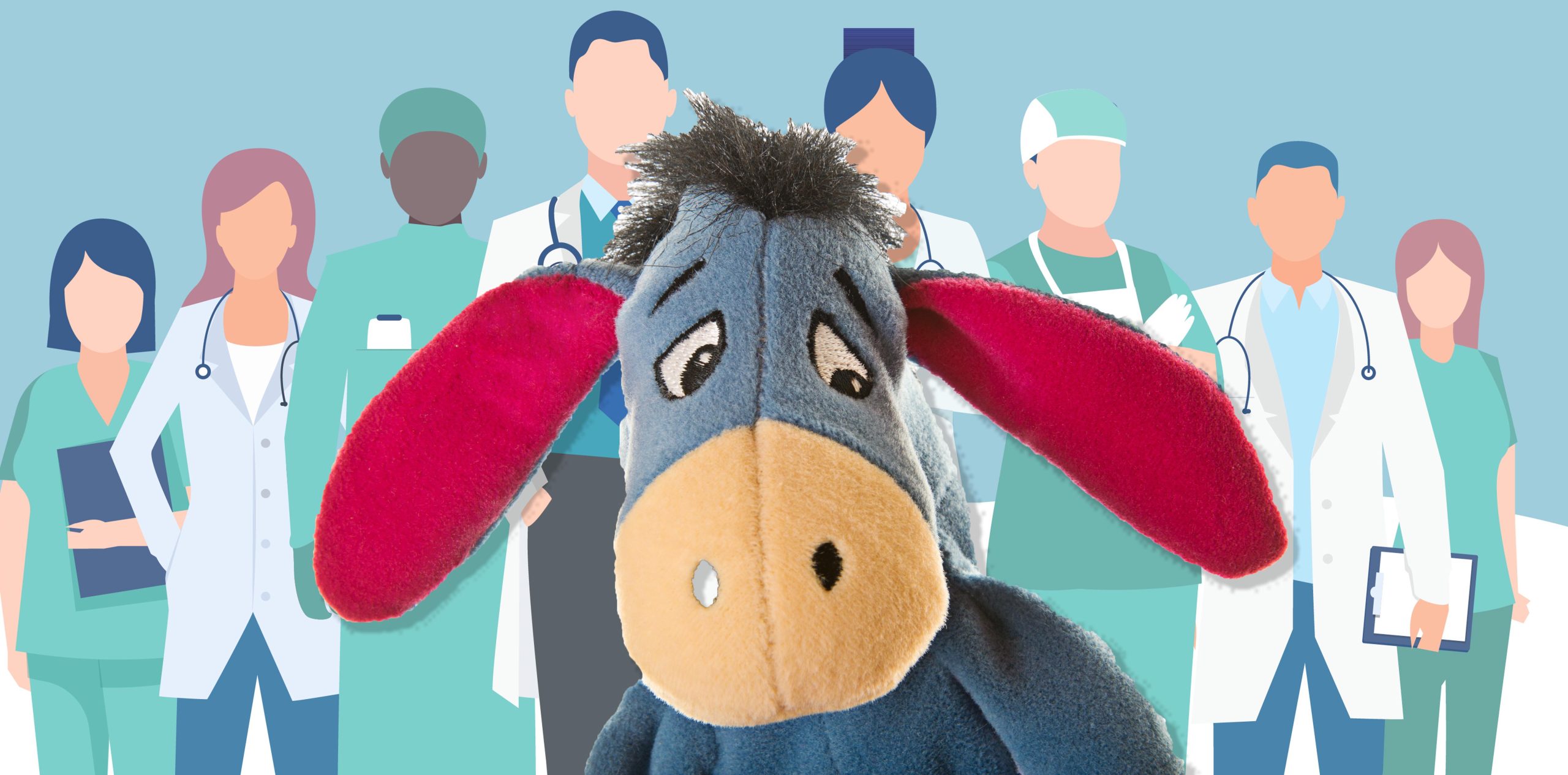Maybe the future of the profession isn’t so crisis-y.
This year’s Health of the Nation report – which won’t be out until November – will reveal a modest increase in the number of GPs reporting high job satisfaction, despite the ongoing talk of crises in the sector.
Speaking at The Medical Republic and Health Services Daily’s Burning GP conference on the weekend, RACGP president Dr Nicole Higgins gave a sneak peek into the college’s yearly Health of the Nation GP survey.
The proportion of GPs reporting that they are very satisfied with their jobs has reportedly risen to 17%. In the 2023 survey, just 15% said they were very satisfied, 51% said they were moderately satisfied and the rest were either unsure (11%), moderately dissatisfied (17%) or very dissatisfied (6%).
“The other part of that is GPs are not only enjoying their work, we’re actually starting to recommend the profession to our junior doctors again,” Dr Higgins said.
“For me, that is huge.”
While the Health of the Nation data has been collected and is in the process of being collated, the final report tends to be released in November each year.
Still, an increase in job satisfaction raises the question: what if the much-discussed general practice crisis is not as crisis-y as it’s made out to be?
At a separate session, AMA vice president Dr Danielle McMullen spoke to the importance of promoting a positive view of general practice not just for the benefit of junior doctors looking to specialise, but the wider health community.
“It is our job to talk about the good things that we do,” she said.
“We talk a lot about crisis, crisis, crisis – and yes, there are challenges, but the risk of continuing to talk about a crisis is that everyone else is stepping into our space.”
Community pharmacy, for instance, is also experiencing a workforce shortage, albeit not as dire as general practice.
According to the Pharmacy Guild of Australia’s 2024 pre-budget submission, around 74% pf pharmacies are having trouble with recruitment and retention, especially in rural and remote regions.
A 2021 submission on migration policy made by the Australian Chamber of Commerce and Industry called the workforce shortages “chronic” and said internal Guild modelling from early 2020 predicted a workforce shortage of about 2000 pharmacists by 2028.
And yet, this is not the image that pharmacy has projected for itself.
Related
At another Burning GP session, GP researcher Professor Louise Stone said GPs were “restricted in our capacity to contribute to the health system if public trust in us is undermined”.
“Systemic bias is usually unconscious but it doesn’t make it right, and we have a yawning gap between the evidence [of how valuable GPs are] and discourse.”
Burning GP was held at Mantra on Salt Beach in Kingscliff on 14 and 15 June.
Note: this article was updated on 20/06/24. TMR was originally informed that satisfaction had risen to 44%; this was incorrect and the figure has been updated to 17%.





